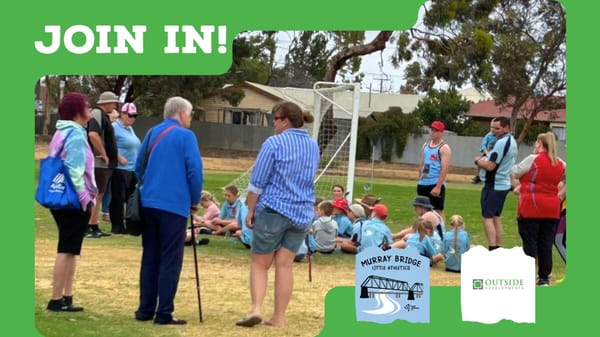Former Beston workers find hope, but dairy farmers’ recovery will take longer
More than 150 workers and 40 farmers are still reeling from the closure of the dairy company’s factories at Murray Bridge and Jervois.
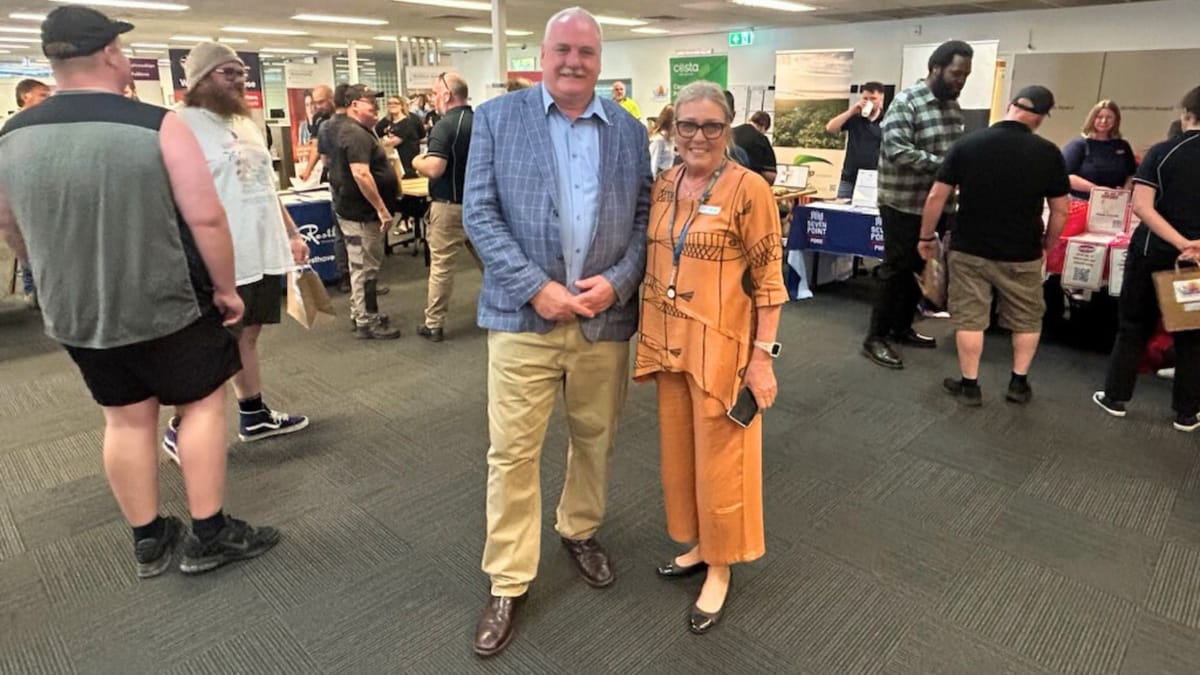
This story is now free to read. Help Murray Bridge News tell more stories like this by subscribing today.
It will be a glum Christmas for many of the 150 or so workers laid off by the Beston Global Food Company in recent weeks, and the dairy farmers left with massive debts.
But for some, at least, their luck is beginning to turn.
Around a third of those workers had already found new jobs by the time the last of them walked out of the company’s Murray Bridge dairy factory last Friday, according to Local Jobs Program employment facilitator Christine Willersdorf.
Another 50 or more turned up to a jobs fair held at the Murraylands Skills Centre, on the city’s main street, the same day.
There to greet them were representatives of 20 employers, some in other food processing industries – beef, chicken, lamb, pork, onions, potatoes – and others in unrelated fields, from aged care to engineering.
That meant something, said one laid-off technician who preferred not to be identified.
“At least we’ve got people doing this for us,” he said.
“Having options is good.”
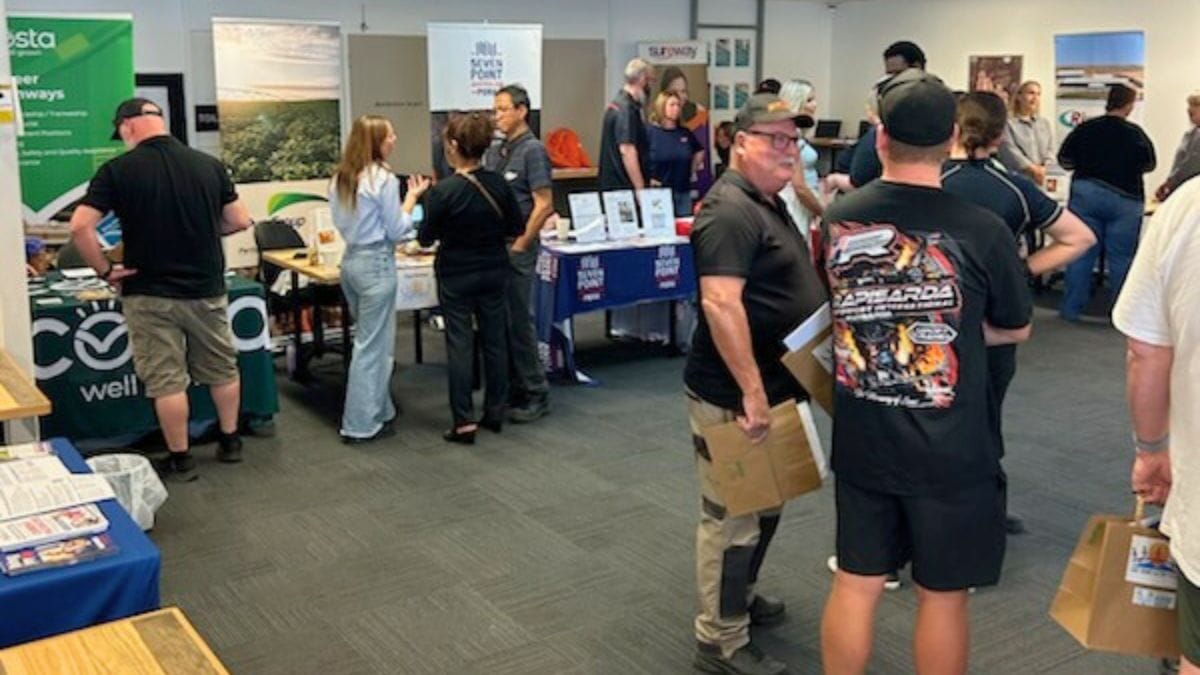
Another former employee, Jesse Laurie, said he had spent six and a half years with Beston, including as a cheesemaker and a supervisor.
“We knew what was coming but we were holding on to hope,” he said.
“There’s not a lot you can do about it (now).
“We’ll make it work.
“I’ve lost a family, but I’ve still got my family at home.”
Beston’s Jervois factory closed on December 5, barely a week after administrators KPMG announced that the company would no longer be able to keep trading.
Auction house Pickles is in the process of selling off machinery from both the Murray Bridge and Jervois factories, including the production lines which churned out Beston’s award-winning cheddar and mozzarella.
Expressions of interest closed on Tuesday of this week.
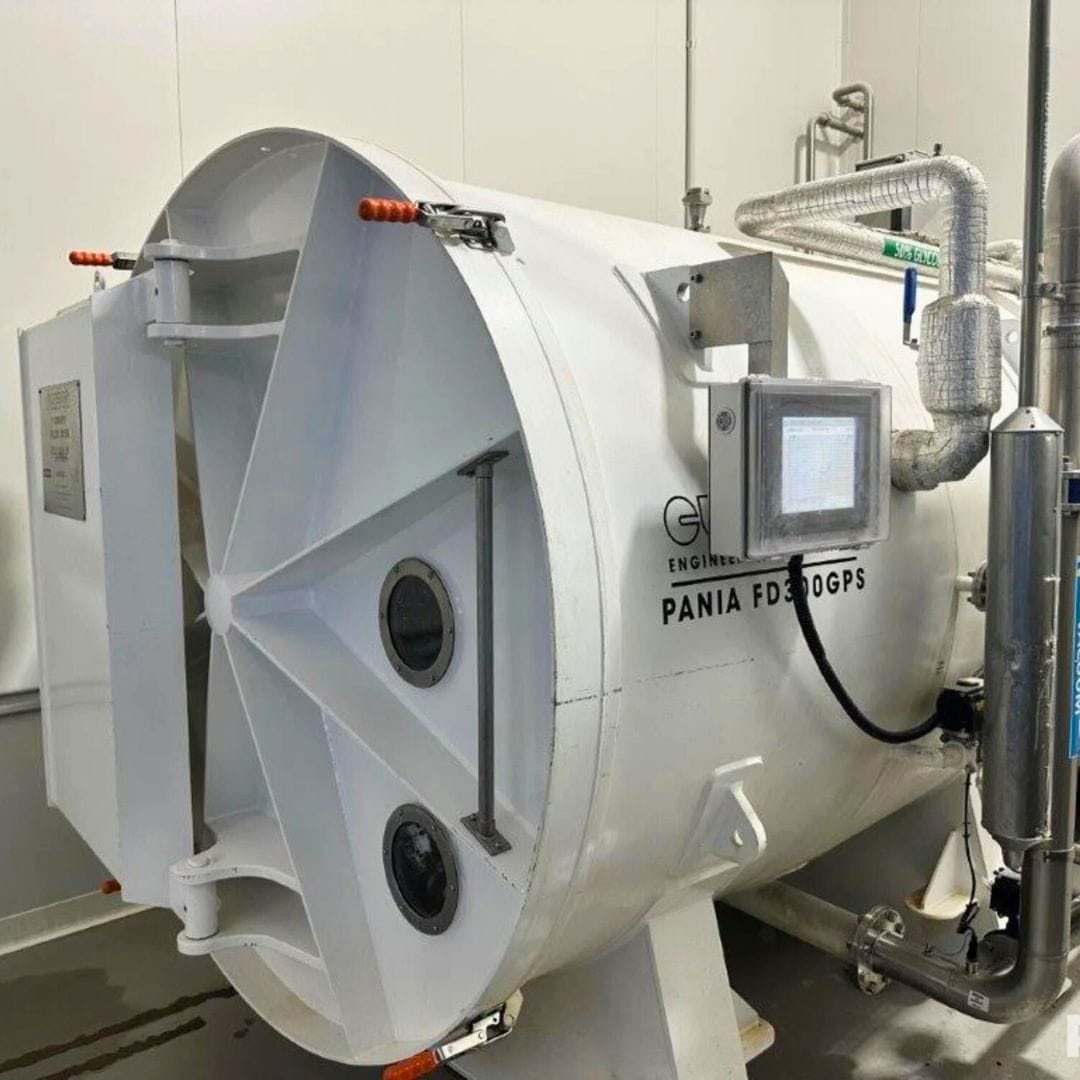
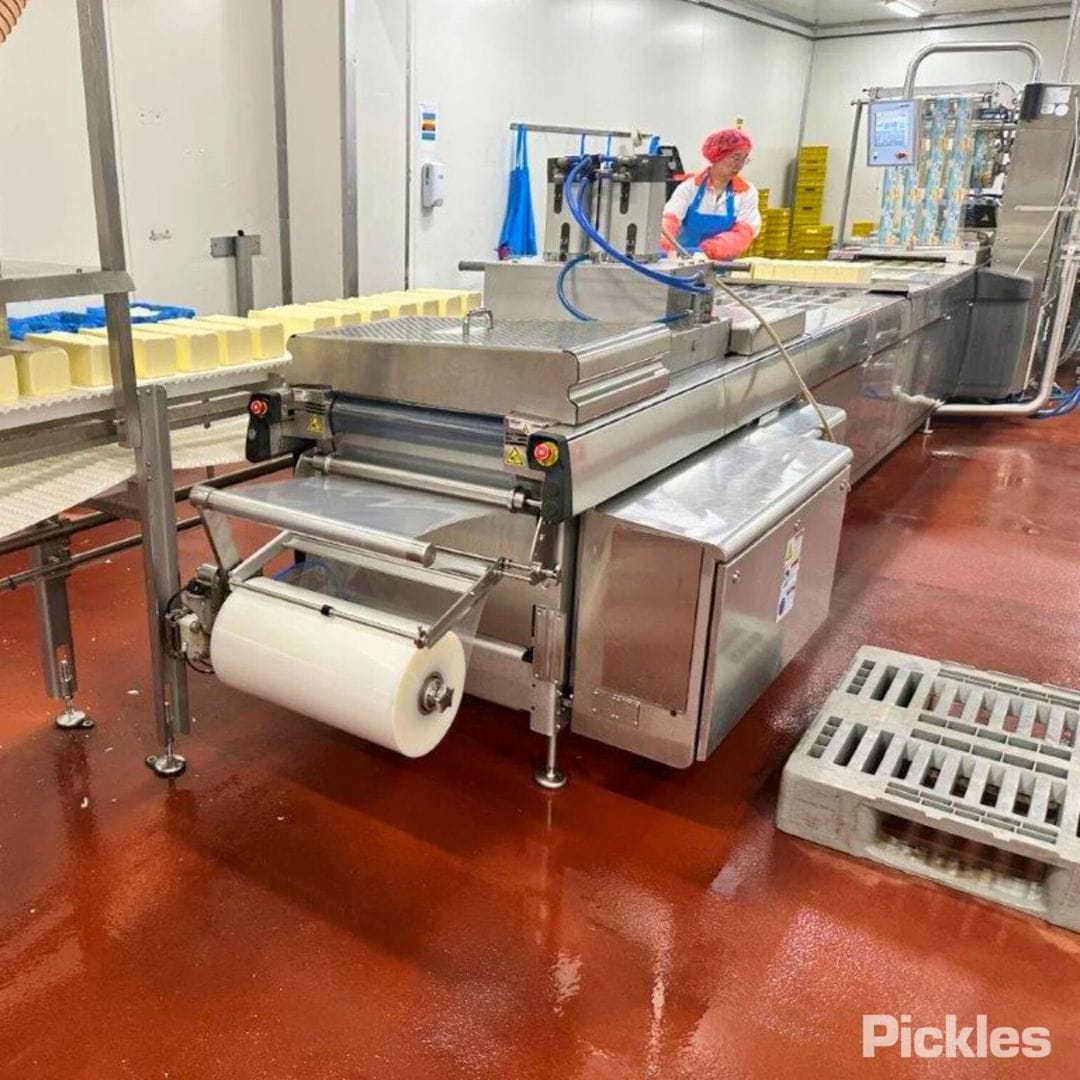
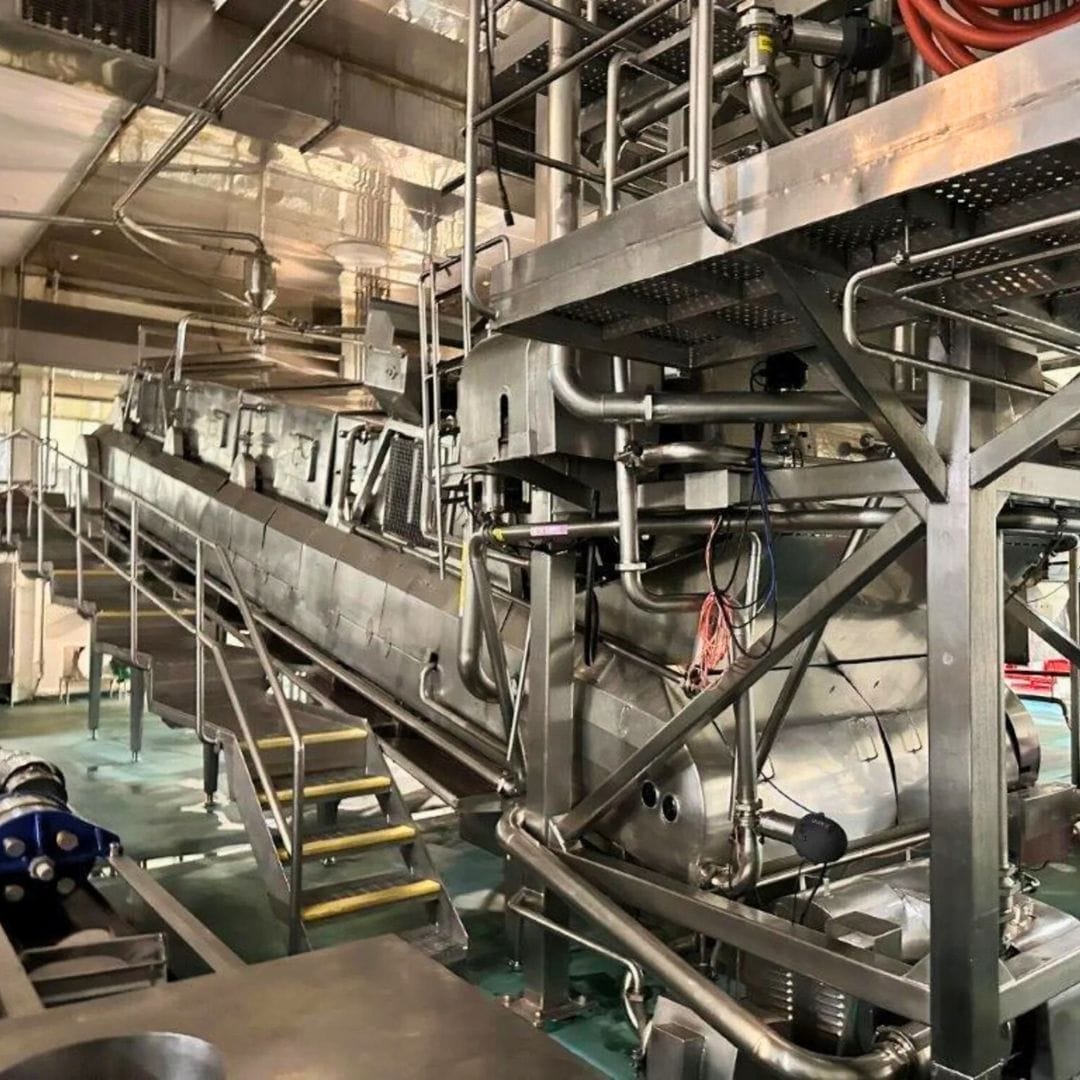
Equipment from Beston's Murray Bridge and Jervois factories, including its lactoferrin, mozzarella and cheddar production lines, is being sold by an auction house. Photos: Pickles.
State MP Adrian Pederick held out hope that someone would yet swoop in and reopen the factories.
Aside from Japanese company Megmilk, another 21 groups had expressed some level of interest in Beston and its operations, he said.
“Murray Bridge and Jervois are both important plants,” he said.
“At this time of year there’s a surge of milk, and those two facilities would take up that surge, not just locally but from Victoria.
“We’re in a strategic location ... a perfect spot.”
In the meantime, he applauded the work the Local Jobs Program and Murray Bridge council had done to support the factories' workers.
Jobs are available, employment facilitator says
The loss of so many jobs would be felt in the Murraylands, Ms Willersdorf said.
But on the bright side, the local employment market was “quite healthy”, with hundreds of positions available.
About 400 jobs were created in the Murray Bridge district in 2023-24, according to Jobs and Skills Australia.
That left about 350 locals looking for work, down from more than 1000 at the height of the COVID pandemic; and the local unemployment rate at just 3.4 per cent.
“Not all (jobs) are suitable for this cohort, but … the Bend have got 15 vacancies, Thomas Foods have got lots and Rivapak, Inghams and Seven Point Pork (at Port Wakefield) have got vacancies,” Ms Willersdorf said.
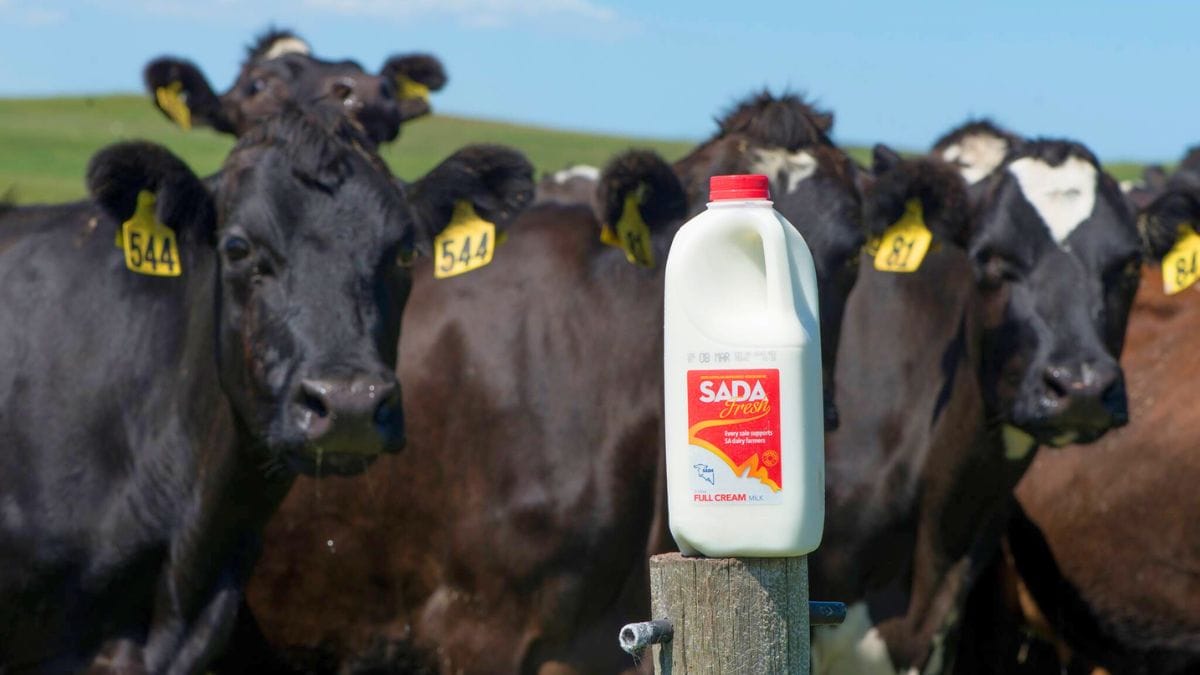
‘Do dairy’ and support South Australian producers, industry association urges
However, another group of locals affected by Beston’s collapse will take longer to recoup their losses.
The company left unpaid debts of more than $10 million to 41 dairy farmers, including a number in the Murraylands, when it was placed under administration in September.
One local farmer had never been paid for $880,000 worth of milk, Mr Pederick said.
All of those farmers have since found new buyers for their milk, according to the SA Dairyfarmers Association, but many had taken a hit in the hundreds of thousands of dollars.
President Rob Brokenshire said SADA had worked tirelessly with the company’s administrators and other parties to try and keep the company going, and was extremely disappointed that those efforts had failed.
“The demise of Bestons comes as a blow to us all,” he said.
“However, the South Australian dairy farmer is nothing if not resilient.
“SADA will find other mechanisms to assist their members in protecting their interests into the future.”
He encouraged all South Australian consumers to continue to “do dairy” and support locally owned milk, cheese, yoghurt and butter producers.
“(Beston’s collapse) is a setback, but the industry and the demand for dairy are both growing,” he said.
“You can get all the product you need in SA and we are keen to ensure people are buying SA and Australian dairy, not products that have been dumped from overseas.”
SADA estimated that the state’s 175 dairy farms produced 500 million litres of milk per year, worth $1 billion to the South Australian economy.
- More information: dodairy.com.au.




